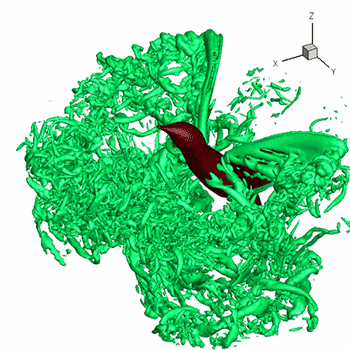What are all the possible rational zeros for #f(x)=x^3+x^2-19x+5# and how do you find all zeros?
1 Answer
The possible rational zeros are
The zeros are
Explanation:
The possible rational zeros are the factors of the constant term
To find all the zeros, choose one of the possible zeros and use synthetic division. If the remainder is zero, you have verified that the possible zero is in fact a zero.
Choosing
The remainder is zero, so
The coefficients of the result of synthetic division give
The zeros are

